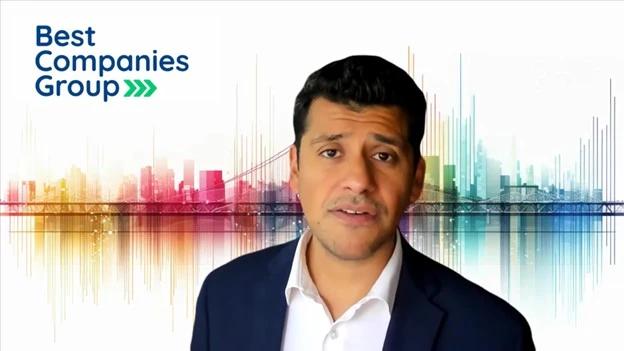
It’s taken me a while to figure this out, but I have come to the conclusion, after many years watching them function in the field, that the vast majority of golf course superintendents are not paid what they are worth.
Mind you, I have never asked directly of anyone what his or her salary is. But you find out a lot as a journalist and a consultant, and can surmise based on generic data what compensation levels are. Not that averages are much help, because the salary variance state-by-state and region-by-region is so great. The GCSAA reported this year an average superintendent’s salary as $97,354. This surely overstates the real average, since the poll was taken of GCSAA members only, with a 43 percent return rate — a sample that is biased toward the industry’s upper-tier courses.
Any industry-wide average obscures the massive difference in compensation between those in South Dakota and those in New Jersey. The variance is at least as great in a state like New York, where there are massive market differences between courses deep in the Adirondacks and those out on the far end of Long Island.
It’s also easy to get carried away with those at the upper echelon. A helpful reminder: for every superintendent grossing $300,000 a year, there are probably 300 who are earning under $50,000.
The level of compensation should be based on a metric of value — namely, how much someone produces, measured in terms of an asset they oversee that produces a sum of capital. It’s an economic issue based on market principles, not on some notions of tradition, power or one’s love of the game. Yes, it is — or can be — great working outdoors with a certain freedom from hourly or daily drudgery and in a natural environment that is continually engaging. But it’s also exhausting labor, recurring stress, and requires having to answer to people who mistake having strong opinions with knowing what they are taking about.
How to measure a superintendent’s worth? It’s not just a matter of accepting the offer that’s on the table. Boards and managers who present a “take it or leave it” approach to contract terms are simply abusing their power and making bad business decisions that turn employees into adversaries, leaving a sour taste all around that does not contribute to a productive or long-lasting culture of service.
Far more sensible would be looking at how a well-maintained golf course produces revenue and enhances the overall financial picture of the facility. At most courses, golf is the biggest revenue stream and the greatest center for operating profit, far outpacing tennis, food and beverage or the pool. Clubhouse operations are notorious as financial sinkholes. No matter how good the hamburger or how smooth the pickleball courts, when it rains, the parking lot is empty.
Let’s try out a formula, say 8 percent of the golf operation as the basis for compensation. A municipal facility grossing $2 million, about $1.5 million of that from golf, would suggest a salary of $120,000. At a major private facility grossing $8 million, $4 million from golf, compensation of $320,000 seems reasonable. The problem comes at the bottom tier, where a discounted operation grossing $800,000, three-quarters in golf, would yield a salary of only $48,000. The solution here is to have a floor of 8 percent as a minimum, for starters, so that at the very least a superintendent could receive a wage respecting their talents and ability to run a valued operation.
Right now, the maintenance side of the industry feels to me like baseball in 1974, before free agency, when owners held all the bargaining power and the valued labor was reluctant to assert itself. Obviously, golf is somewhat different, because superintendents are free to move, not tethered by a reserve clause that prevents them from negotiating with other bidders.
Superintendents tend to be conservative politically and culturally, and I think this holds back their willingness to confront people of wealth and power when it comes to securing their fair share. This is not an argument for unionization. That would never work in a golf industry characterized by massive differences in individual skillsets, conditions of employment and markets. But it would help everyone if more superintendents were gutsier in making their case for better compensation based on their market value and the value of the product they produce.
Perhaps, as in baseball, what superintendents need is an agent who would present the board or owners with a case for fair compensation based on actual value.

Explore the November 2021 Issue
Check out more from this issue and find your next story to read.
Latest from Golf Course Industry
- Heritage Golf Group acquires North Carolina courses
- Editor’s notebook: Green Start Academy 2024
- USGA focuses on inclusion, sustainability in 2024
- Greens with Envy 65: Carolina on our mind
- Five Iron Golf expands into Minnesota
- Global sports group 54 invests in Turfgrass
- Hawaii's Mauna Kea Golf Course announces reopening
- Georgia GCSA honors superintendent of the year





